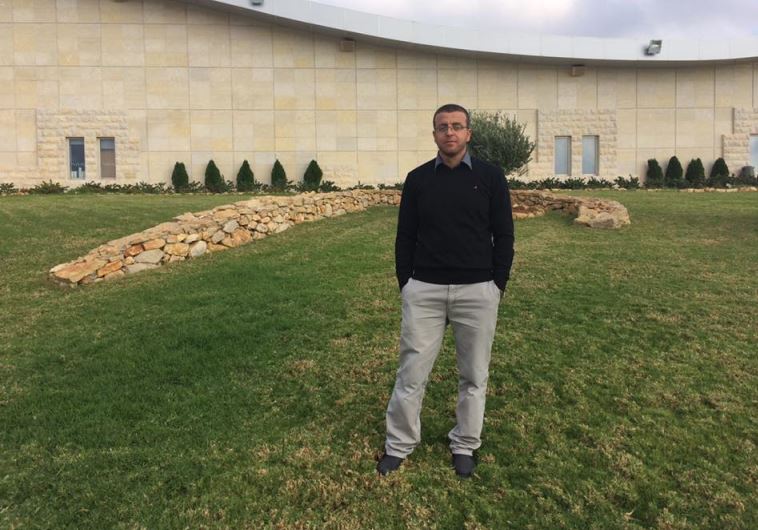Palestinian prisoner in 83rd day of hunger strike refuses offer to transfer hospitals
Qiq, who worked as a reporter for a Saudi television news station, has said he will continue the strike until “martyrdom or freedom.”
 The Palestinian detainee, Mohammad Al-Qeeq, Updated:
The Palestinian detainee, Mohammad Al-Qeeq, Updated: